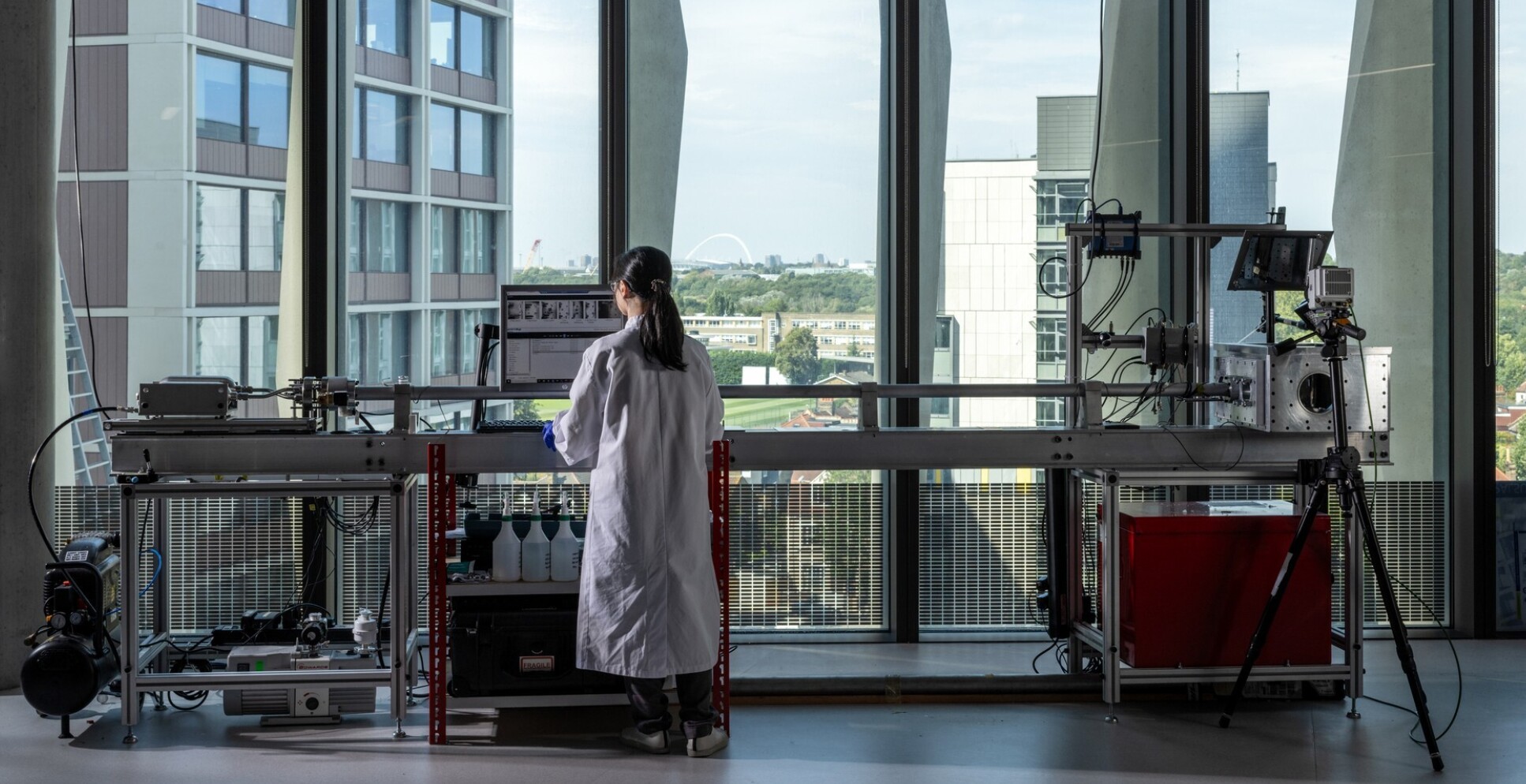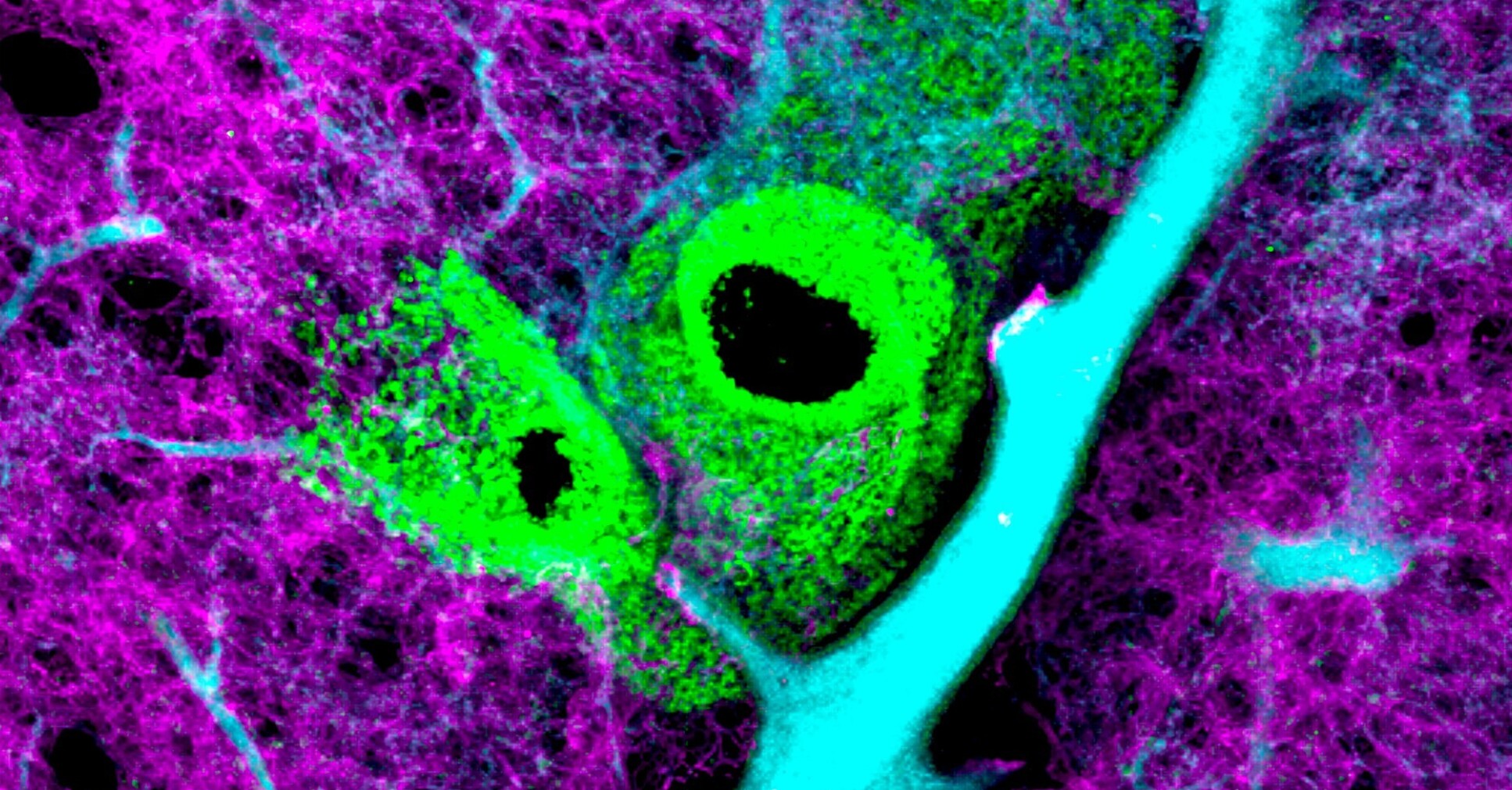
Imperial has announced academic leaders for four new cross-cutting Schools of Convergence Science.
The Schools of Convergence Science, announced as part of Imperial’s new Strategy, will enhance Imperial’s interdisciplinary research capacity, visibility, talent attraction, and funding.
The Schools will create deeply integrated research and innovation communities to deliver societal impact in the following key areas:
- Human and artificial intelligence;
- Health and technology;
- Climate, energy and sustainability; and
- Space, security and telecoms
Hugh Brady, President of Imperial College London, said: “Our four new Schools of Convergence Science, led by some of the world’s brightest minds, will focus Imperial’s unique strengths across science, technology and business to deliver real-world impact on humanity’s biggest challenges.
“Our four new Schools of Convergence Science, led by some of the world’s brightest minds, will focus Imperial’s unique strengths across science, technology and business to deliver real-world impact on humanity’s biggest challenges.” Professor Hugh Brady President of Imperial College London
“Building on Imperial’s disciplinary strengths and interdisciplinary culture, the Schools will create deeply integrated research and innovation communities that connect Imperial’s research, education and innovation with industry, the global research community and private sector accelerators, to build high-velocity, high-impact pathways from the lab to the real world.”
Professor Mary Ryan, Vice-Provost (Research and Enterprise), said: “By bringing together staff and competencies from across and beyond Imperial, Imperial’s Schools of Convergence Science will allow us to respond creatively, effectively and with agility to the diverse challenges associated with the big issues of our time – from climate change and sustainability to MedTech and AI.
“The appointment of the inaugural Co-Directors for the Schools of Convergence Science, visionary leaders ready to shape the future of integrated-research at Imperial, marks an important moment in the implementation of this transformational initiative.”
Inaugural Co-Directors
Each School will have four Co-Directors to represent the breadth of expertise across Imperial, with a Co-Director (Convener) acting as a visible point of contact for each School. This role will rotate around the appointed team members.
The Co-Directors are:
Sustainability
Health and Technology
Space, Security and Telecoms
Human and Artificial Intelligence

About the Schools
The Schools of Convergence Science will build on Imperial’s core mission and extend the boundaries of the university’s problem-solving capabilities by enabling the transdisciplinary production of unique combinations of knowledge.
They will draw on and add value to Imperial’s existing expertise in STEMB and embedded social sciences to create novel transdisciplinary research, innovation and training programmes.
These programmes will be informed by Imperial’s core societal values as well as emergent scientific trends, and combined deep technical expertise. They will allow a space where the community is encouraged and supported to imagine new pathways to shape a more desirable future.
Answering big intractable challenges
From the Co-Directors of the School for Convergence Science in Sustainability:
“Answering big intractable challenges, such as climate change, energy and sustainability, requires equitable interdisciplinary innovation from discovery science through to policy translation. A headline aim of our School will be to break down siloed research and champion team science, establishing robust, inclusive collaborative facilities of genuine benefit to all researchers across Imperial.”
Improving patient outcomes
From the Co-Directors of the School for Health and Technology:
“Convergence science in health and healthcare, bringing together business, engineering, physical sciences, life sciences and medicine to develop innovative ways to address clinical challenges, has enormous societal potential. Building on our experience in developing inter-disciplinary solutions through the Imperial NIHR BRC and CRUK Convergence Science Centre, the new School of Convergence Science for Health and Technology will harness the huge potential across Imperial’s four faculties to improve patient outcomes across a wide range of diseases in North-West London and far beyond.”

Maintaining national and public security
From the Co-Directors of the School for Convergence Science in Space, Security and Telecoms:
“Security, Telecommunications, and Space technologies are integral to maintaining national and public security, supporting modern life, and achieving economic growth worldwide. By collaborating across Schools and beyond Imperial, we aim to develop these enabling technologies to enhance healthcare, AI, sustainability, and humanitarian activities. Ensuring national and international safety and security has become progressively important, and these systems are a key enabler for effective coordination of defence and humanitarian actions worldwide. These technologies also play a crucial role in understanding climate change, providing fast internet to remote areas, and guiding global logistics. Imperial’s convergence in these areas will create advances for a safer, connected world.”
Convergence of AI and Human Intelligence
From the Co-Directors of the School for Convergence Science in Human and Artificial Intelligence:
“AI will reshape every part of our life, and the future will lead to an increasing convergence of AI and Human Intelligence. Cooperation is crucial for complementing and augmenting human intelligence. Understanding of how we think, learn and feel and how AI should evolve to augment and complements us, leads to a virtuous cycle between learning about the human mind to build safe and reliable AI software and hardware augmenting our human minds’ capabilities. The School of Convergence Science in Human and Artificial Intelligence will bring together academics from across all departments at Imperial to share expertise, engage stakeholders and convene ambitious new projects.”
This post was originally published on here







